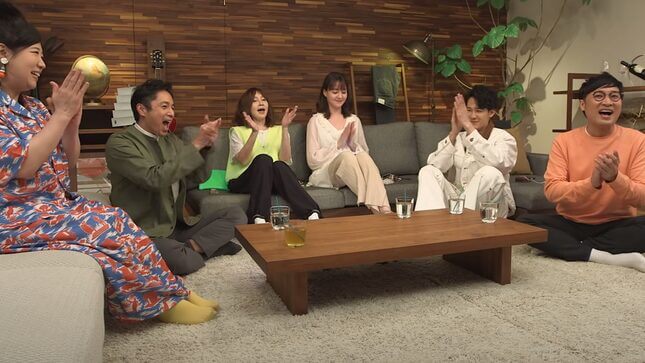

When I first started watching Terrace House, the Japanese reality TV show beloved by Jezebel staffers, I didn’t get the commentators. The handful of comedians and celebrities who joked about the cast members and their antics seemed like a waste of space. I was used to American reality television, where a host might move in and out of the show on occasion to eliminate a contestant, but over time I came to love the Terrace House gang. Suddenly, I was giddily anticipating how Yama-chan or Reina might react to some weird meal a housemate cooked or a botched date request.
But the recent news that Hana Kimura died by suicide after making a series of posts about cyber-bullying she was enduring online has cast Terrace House’s commentary in a different light. A bubbly but shy professional wrestler who joined Terrace House’s latest season, Hana was endearingly earnest for a show where housemates’ true intentions can often be nefarious. While others use the show as an opportunity to boost their brand as influencers or celebrities, Hana seemed to be truly looking for love for the first time. Prior to her death, she reportedly posted a message alluding to criticism: “Nearly 100 frank opinions every day. I couldn’t deny that I was hurt,” she wrote.
-

-

-

-

-

-

-

-

-

-

-

-

-

-

-

-

-

-

-

-

-

-

-

-

-

-

-

-

-

-

-

-

-

-

-

-

-

-

-

-








































